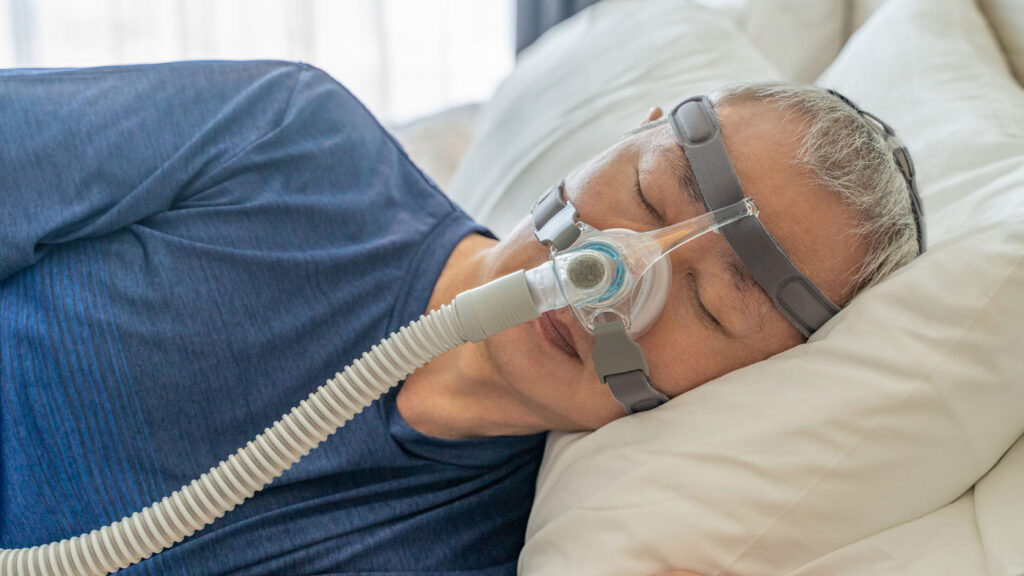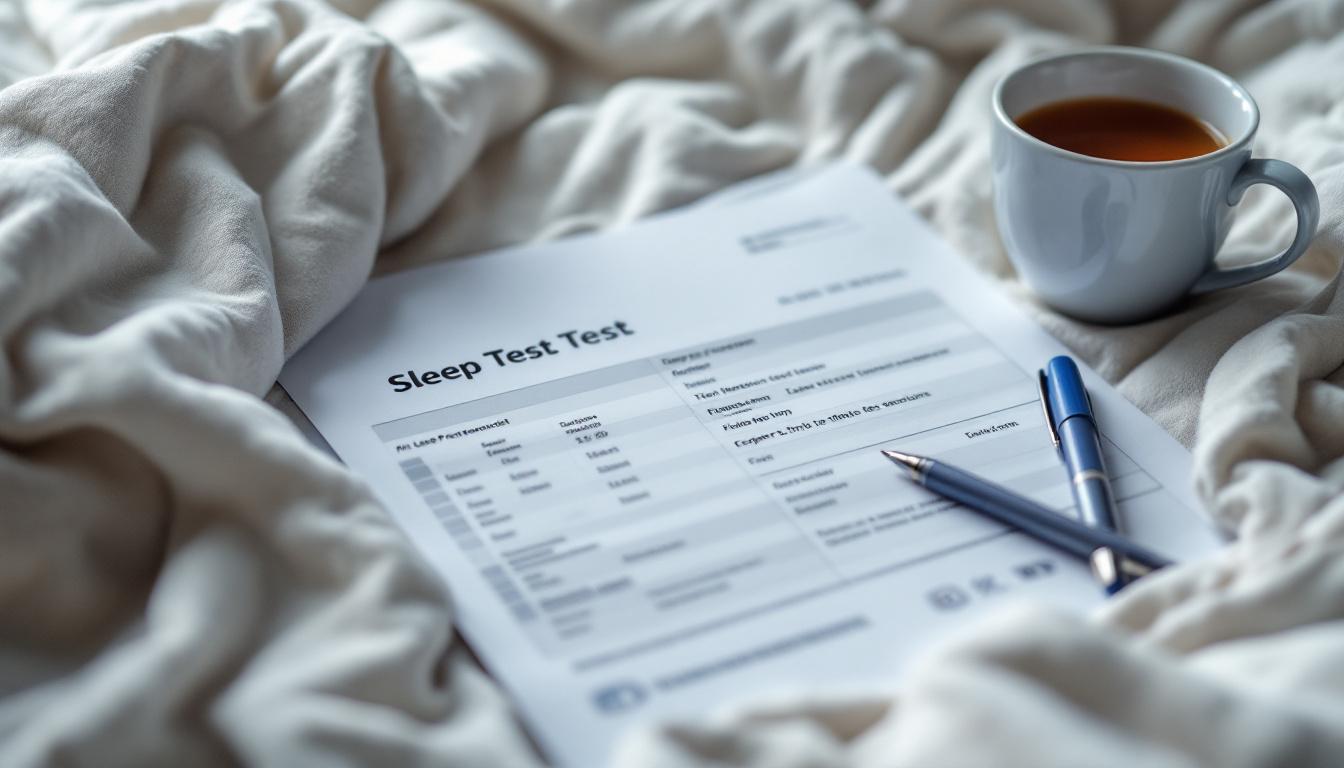Sleep is a fundamental aspect of human health and well-being, yet many individuals struggle with sleep-related issues. In Hobart, sleep tests have become an essential tool for diagnosing and treating various sleep disorders. This article delves into the intricacies of sleep testing, how it works, and when you might need one, ensuring you have a comprehensive understanding of this vital health service.
Understanding Sleep Disorders
Sleep disorders encompass a range of conditions that affect the quality, timing, and duration of sleep. Common sleep disorders include insomnia, sleep apnoea, restless leg syndrome, and narcolepsy. Each of these conditions can significantly impact daily functioning and overall health.
Understanding the importance of sleep tests Hobart and when they are necessary is crucial for maintaining optimal health. If you suspect you have a sleep disorder or are experiencing persistent sleep difficulties, seeking a professional evaluation is the first step towards better sleep health.
Insomnia is characterised by difficulty falling or staying asleep, leading to daytime fatigue and irritability. Sleep apnoea, on the other hand, involves repeated interruptions in breathing during sleep, which can result in severe health complications if left untreated. Understanding these disorders is crucial for recognising when a sleep test may be necessary.

Signs You Might Have a Sleep Disorder
Identifying the signs of a sleep disorder is the first step towards seeking help. Common indicators include persistent fatigue, difficulty concentrating, loud snoring, and episodes of gasping for air during sleep. If you experience any of these symptoms regularly, it may be time to consider a sleep test.
Additionally, mood changes, such as increased irritability or anxiety, can also signal underlying sleep issues. Monitoring your sleep patterns and discussing any concerns with a healthcare professional can provide valuable insights into your sleep health.
Learn more on: Sleep Apnea Test Hobart Early Diagnosis for Better Sleep Health
What is a Sleep Test?
A sleep test, or polysomnography, is a comprehensive assessment that records various physiological parameters during sleep. This test typically takes place in a specialised sleep clinic or laboratory, where trained professionals monitor your sleep patterns and behaviours.
During the test, several sensors are attached to your body to measure brain activity, eye movements, heart rate, breathing patterns, and oxygen levels. This data is crucial for diagnosing sleep disorders and determining the appropriate treatment options.
Types of Sleep Tests
There are several types of sleep tests available, each designed to assess different aspects of sleep health. The most common types include:
- Polysomnography (PSG): A comprehensive overnight test that monitors multiple body functions during sleep.
- Home Sleep Apnoea Testing (HSAT): A simplified test that can be conducted at home, primarily focusing on breathing patterns and oxygen levels.
- Multiple Sleep Latency Test (MSLT): A daytime test that measures how quickly you fall asleep in a quiet environment, often used to diagnose narcolepsy.
Each type of test has its advantages and is selected based on the specific symptoms and concerns of the patient. Consulting with a healthcare professional can help determine the most suitable option for your situation.
How Does a Sleep Test Work?
The process of undergoing a sleep test is straightforward, though it may vary slightly depending on the type of test being performed. For an overnight polysomnography, you will typically arrive at the sleep clinic in the evening and be prepared for the test by having sensors placed on your body.
These sensors are non-invasive and are designed to monitor your sleep without causing discomfort. Once the test begins, you will be encouraged to sleep as you normally would, while the equipment records your sleep data throughout the night. Find more about discomfort on https://www.ncbi.nlm.nih.gov/books/NBK553030/
Preparation for a Sleep Test
Preparing for a sleep test is crucial for obtaining accurate results. Some general guidelines include:
- Avoiding caffeine and alcohol in the hours leading up to the test, as these substances can interfere with sleep quality.
- Maintaining your regular sleep schedule in the days leading up to the test to ensure your body is accustomed to your usual patterns.
- Bringing along any personal items that may help you sleep, such as a favourite pillow or blanket.
Following these guidelines can help ensure that the sleep test accurately reflects your typical sleep patterns and behaviours.
When Do You Need a Sleep Test?
Determining when to seek a sleep test can be challenging, but certain factors can indicate the need for further evaluation. If you experience persistent sleep difficulties or have been diagnosed with a sleep disorder, a sleep test may be warranted.
Additionally, if you have a history of sleep disorders in your family or have experienced significant changes in your sleep patterns, it is advisable to consult with a healthcare professional. They can assess your symptoms and recommend whether a sleep test is necessary.
Consulting a Healthcare Professional
Before undergoing a sleep test, it is essential to consult with a healthcare professional who can evaluate your symptoms and medical history. They may conduct a physical examination and ask about your sleep habits, lifestyle, and any medications you are taking.
This comprehensive assessment will help determine the most appropriate course of action, including whether a sleep test is needed. Your healthcare provider can also provide guidance on what to expect during the test and how to interpret the results.
Interpreting Sleep Test Results
After the sleep test is completed, the data collected will be analysed by a sleep specialist. The results will provide insights into your sleep patterns, including the duration and quality of your sleep, as well as any disruptions that may have occurred.

Common metrics evaluated include the number of apnoea episodes, oxygen saturation levels, and overall sleep architecture. Based on these findings, the specialist will discuss potential diagnoses and treatment options tailored to your specific needs.
Potential Treatment Options
Depending on the results of your sleep test, various treatment options may be recommended. For conditions like sleep apnoea, continuous positive airway pressure (CPAP) therapy is a common approach. This involves wearing a mask during sleep that provides a steady stream of air to keep the airways open. Click here to find more about pressure.
For insomnia, cognitive behavioural therapy for insomnia (CBT-I) is often effective. This therapeutic approach focuses on changing behaviours and thought patterns that contribute to sleep difficulties. In some cases, medication may also be prescribed to help manage symptoms.
Conclusion
In Hobart, a variety of sleep testing options are available to help diagnose and treat sleep disorders effectively. By taking proactive steps to address sleep issues, you can improve your quality of life and overall well-being.
